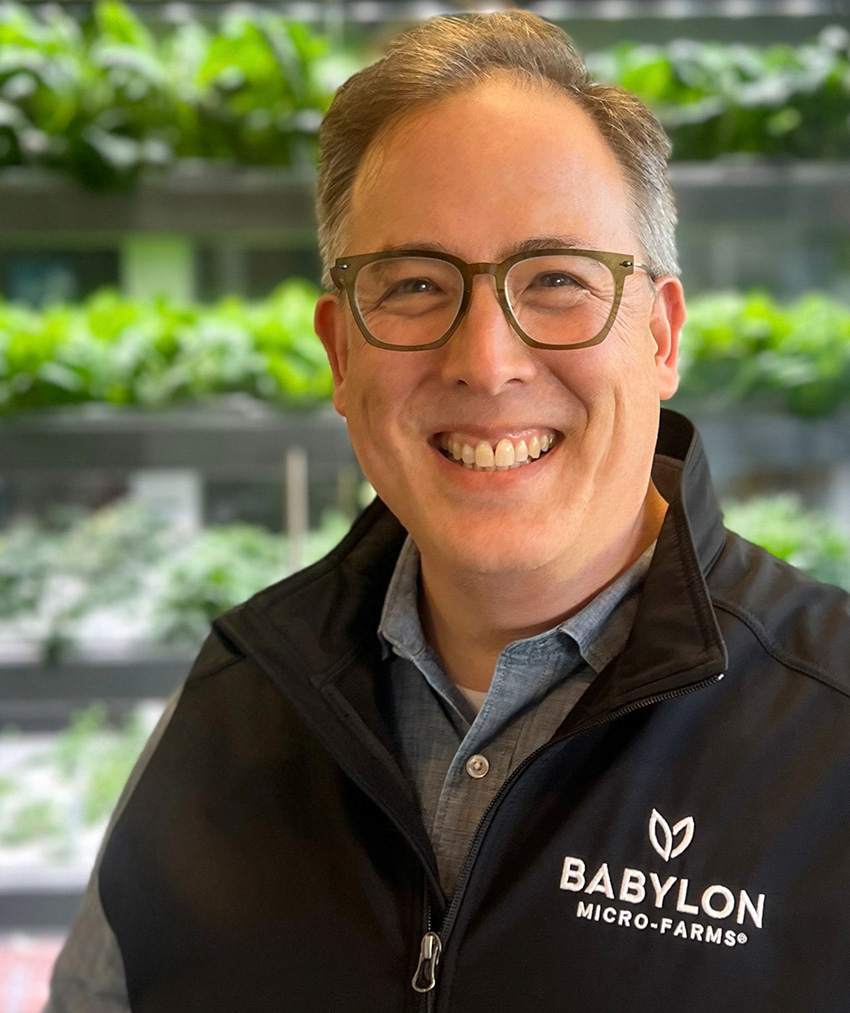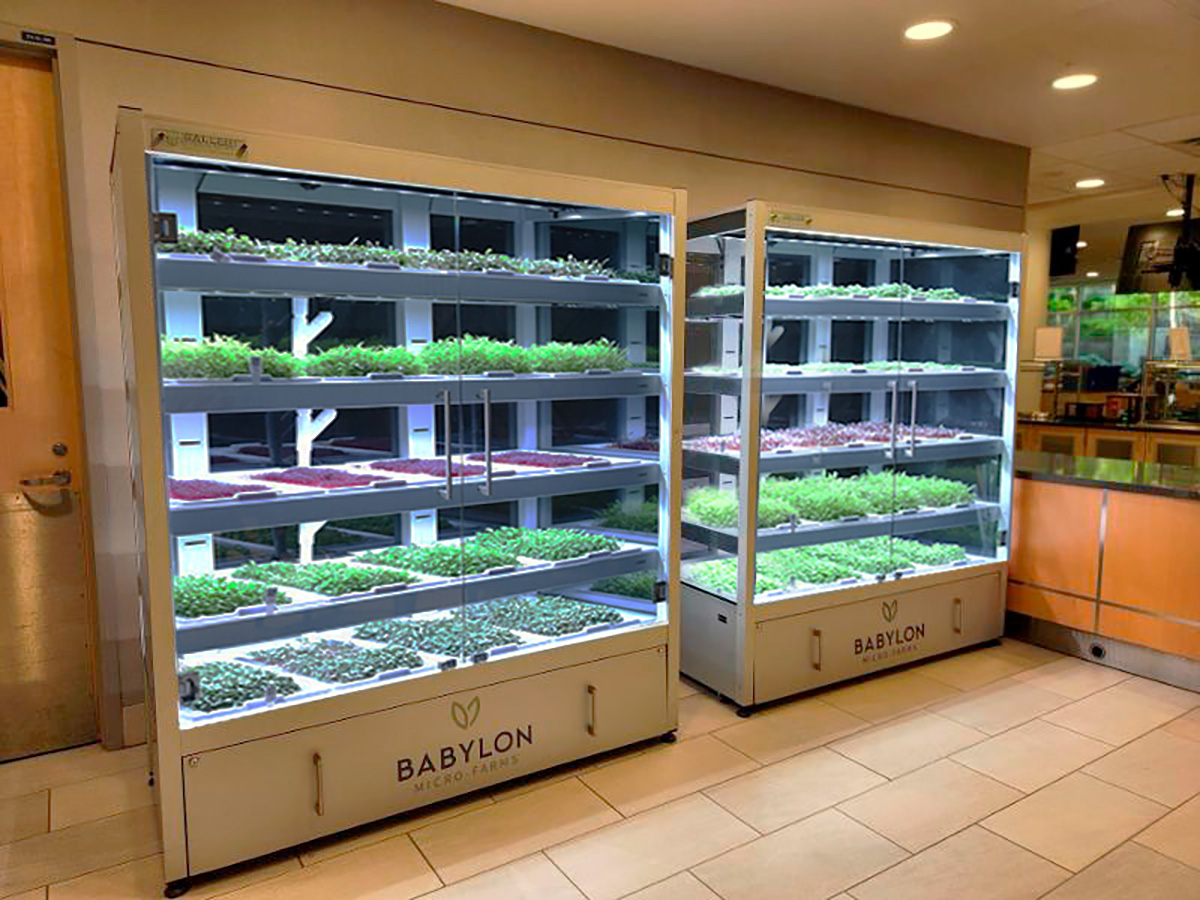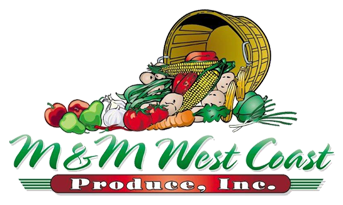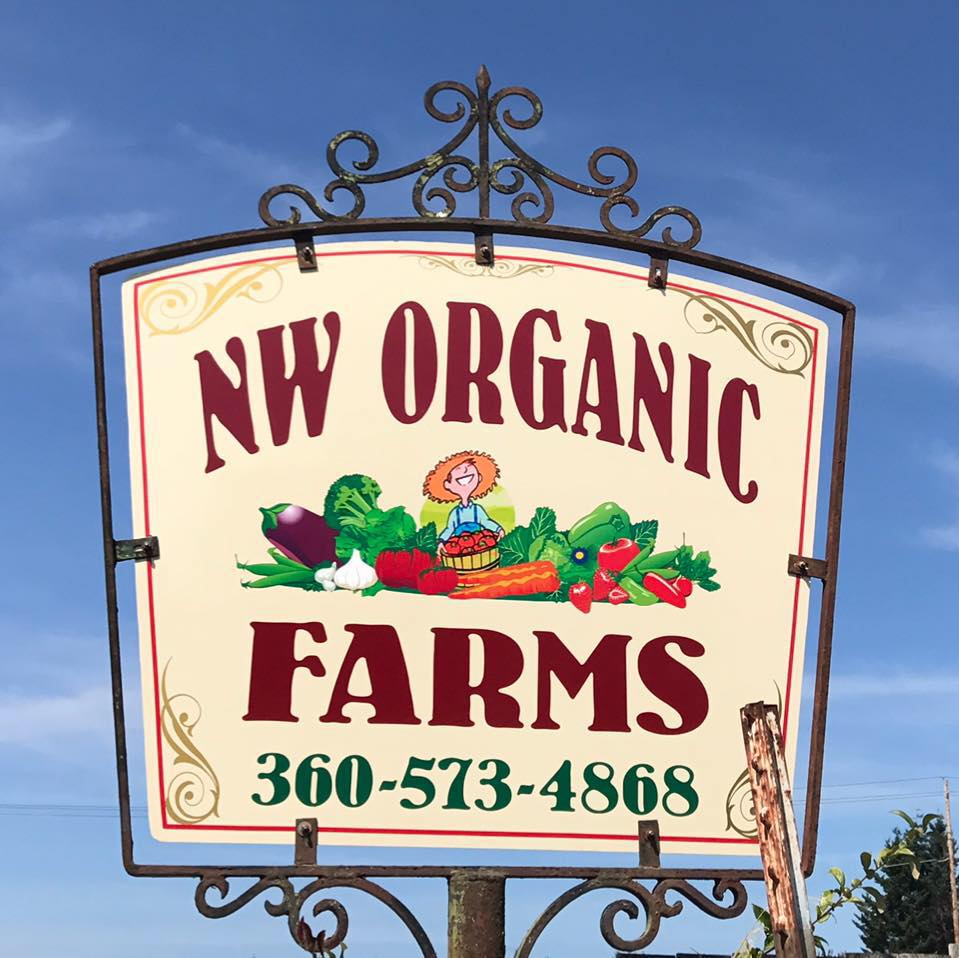What does it take to make the Inc. 5000 list of the fastest-growing private companies in the U.S.? Phenomenal growth for one. A laser focus on your value proposition also helps.
Founded in 2017, Richmond, Va.-based vertical farming company Babylon Micro-Farms achieved 423% in revenue growth from 2021 to 2024, making the 2025 list at No. 1,009.
Babylon Micro-Farms offers turnkey, on-site hydroponic farms that allow businesses and institutions from restaurants and hospitality to health care and schools — and even cruise ships — the ability to grow flavorful and nutritious greens indoors, year-round.
In a segment of controlled environment agriculture that has experienced setbacks, bankruptcies and closures in recent years, vertical farming success stories like Babylon Micro-Farms are an encouraging sign that this model of indoor ag has a promising future in helping to feed the world.
To learn more about the secret to Babylon Micro-Farms' success and its acceleration phase (it recently doubled its sales force), The Packer sat down with CEO Marc Oshima this week to talk turnkey solutions, hyperlocal produce, customer experience and more.
The following has been edited for length and clarity.
Congratulations on making the Inc. 5000 list. What does this mean for Bablyon Micro-Farms?
Oshima: What's special about the Inc. 5000 recognizing the fastest-growing private companies is that they verify the numbers behind the scenes. Our revenue growth of 423% is tremendous. And I think it speaks volumes about our value proposition — our on-site farming solution and the proven history of it.
It's particularly special because our headquarters are in Richmond, Va., and to be No. 1 in that community is really special.

What sets Babylon Micro-Farms apart from other vertical farms?
What makes Babylon Micro-Farms unique is that we've developed the hardware — the actual farming system, but more importantly, we've developed the brains behind it. We've developed what we call a guided growing app that can take the user through exactly each of the different steps they need to do.
We've built the software for running the farm, and then we've developed a platform where we can see everything that's happening in all the farms deployed around the world. That technology is enabling us to think about how to efficiently monitor, manage and onboard all these different farms.
That's the secret sauce for Babylon Micro-Farms: understanding how to integrate all of that together.
For the client experience, it's turnkey farming. They get a chance to experience the magic of taking something from seed to harvest in days or weeks, and [we] make them all successful farmers.
Between the technology we have with sensors and actual images of the crops, we can really ensure a high level of success. That's what's been exciting, and that's the magic of the value proposition — this hyperlocal, hyperfresh, picked-at-its-peak-nutrition and peak-flavor product from a culinary standpoint.
What kinds of produce are clients of Babylon Micro-Farms able to grow?
We have a published produce menu list of about 45 different items and it ranges, not only from the lettuces and leafy greens, but also herbs, microgreens and even edible flowers. It really affords a diverse set of options for clients — top executive chefs — to think from a culinary menu planning standpoint.
And whether its growing cilantro for Cinco de Mayo or mint for the Kentucky Derby, Babylon Micro-Farms is also able to time the harvest with promotional events.
How many farms do you have today and where are they located?
Today we have over 375 farms. So, that's increased quite a bit from earlier this year.
Our theme is focus; we're hyperfocused on four key areas: education, corporate dining, hospitality and health care, which includes senior care.
Senior care has been an exciting area of growth. We have had operators share that with the introduction of the Babylon Micro-Farms, consumption of leafy greens has gone up by 35% for their senior residents.
That's a remarkably inspiring number to think about that we can change healthy habits, inform and get people excited at that late stage.
How is Babylon Micro-Farms showing up in education?
We've rolled out programs in New York City public schools that have been tremendous. We have an amazing partner there, Green Bronx Machine and Stephen Ritz. They have a curriculum and work with over 1,000 schools — schools worldwide as well. And it's focusing on hydroponics and STEM education and thinking about what role science and technology can play. But it's also around bigger things like food literacy, but then ultimately, it's around financial literacy — how to run a business. And it's been exciting to see how this farming is embraced.
We did two ribbon cuttings earlier in the spring. One was in the Bronx, and one was in Queens. The one in the Bronx was a New York City public school with [a student population that is] 80% Hispanic and 20% African American. The same day we went over to Queens to a school that is 80% Bangladeshi and 20% Hispanic.
What both principals talked about was the ability to grow culturally relevant items that then would supplement what's happening in their foodservice program. All of a sudden, we're talking about much bigger lessons and opportunities.
It's more than just the food literacy. It's about culture. It's about heritage. It's about the importance of food in terms of bringing people together. So, it's exciting to see that kind of connection and that kind of relevancy. It's really inspiring and something that motivates us every day.
We also did a webinar with a public school in Bentonville, Ark.; one of our clients there, operates two farms. In the webinar, they highlight that they recently grew cilantro and bok choy, and they featured it in a banh mi Vietnamese sandwich.
If this can play in Bentonville, Ark., with an appreciation for fresh, hyperlocal, delicious greens that create some color excitement, it can play in a lot of different areas.
Who manages the micro farms once they're in place?
It's 100% client operated. We're providing the tools. We're providing the system. There is a monthly subscription in terms of the consumables and the seeds, the fertilizer, but we have a dedicated horticulture team that's done all the hard work as well. So, not only do we have the development team that does the hardware and software, we have the dedicated scientists, the horticulturists, growers that then put this together from a system standpoint, and we make it very turnkey.
We've done the work in terms of identifying, first, what is the right seed, what's the right density and what's going to do well in this environment, and then we've developed accordingly the right nutrient and the right growing system, so we can deliver the right spectrum of light to be able to enhance and drive that photosynthesis.
We think about what the plant needs and deliver this through the hydroponic growing, but for the operator — because they have a guided growing app right on their phone that tells them when it's time to transplant or harvest — it's a very turnkey process.
What's the cultivation time on your menu of 45 different products?
Microgreens can be a week to two weeks depending on the item. Leafy greens can be four to six weeks. Some of them might be eight weeks. And then the herbs are usually around the eight to 10 weeks. But a lot of the herbs are what we call “cut and come again” — the idea that you can trim off the basil or cilantro you need and it will grow back.
Are there additional benefits such as surety of supply or cost savings to cultivating your own greens?
First and foremost, the value proposition is we‘re selling an experience. This connection with the food and how it's grown, but without question, you can offset your operating costs. You have very consistent harvest yield and timing, which helps in menu planning.
The other aspects that are very meaningful is that you're harvesting to order. So, the idea is that there's no waste, and that's all part of this experience. So, there's a definite ROI.
We send out a biannual sustainability report to our clients to show the savings on water, and also how this helps mitigate the food waste in what is normally a very complex supply chain.

I understand Babylon Micro-Farms are on cruise ships. What are some of the more high-profile or unique locations of your farms?
When I say we're in marquee locations, I can't think of a better example than our presence in the Marriott Marquis in Times Square. That is probably the most high-profile, visible spot in the world. It's managed by the Union Square Hospitality Group, part of Danny Meyer's program. He's the restaurateur extraordinaire. We're integrated right into their main restaurant, which is on the same floor as the is the lobby. So, we have great visibility.
We also have six farms in the Intuit Dome in Los Angeles, where the Clippers play. The farms are integrated into their concession program. And we have three farms feeding our top athletes at the U.S. Olympic Training Center in Colorado Springs, [Colo.].
We're with two cruise lines today, and we actually won the Trailblazing Product of the Year Award from F&B@Sea in conjunction with the launching of MSC America, which is a major cruise line operating out of Miami.
In health care, we're in the Mayo Clinic and expanding to multiple locations.
And in corporate dining, we're in the LinkedIn offices, the World Bank and we're about to go into the Conde Nast offices. In corporate dining, we see a big movement around employee wellness, particularly with back to work. [Babylon Micro-Farms] is the new water cooler, right? The idea is that it brings people together. They can gather around the harvest. They can talk about the dishes they make. It's really exciting to see this engagement around fresh food.

















